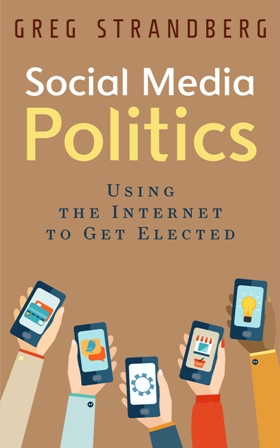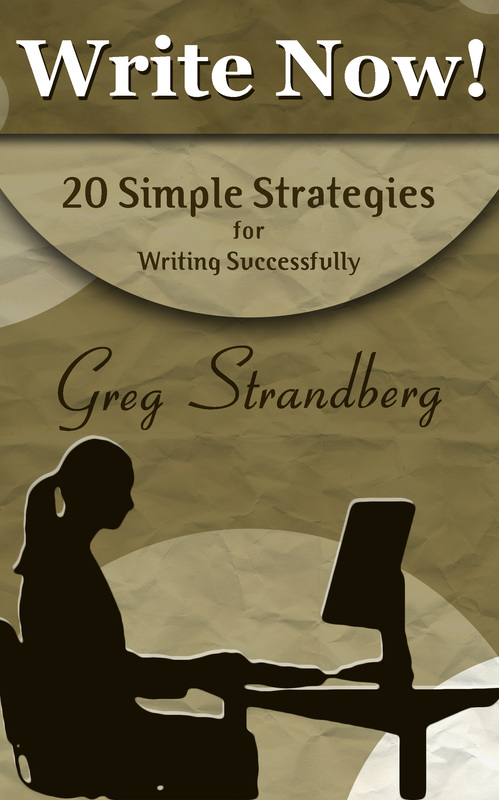
Does no one reply to the comments you make?
Chances are you’re boring or not saying anything interesting.
You can change this, but…do you have the temperament?
Conversations take a few things:
- Conviction;
- Passion;
- Knowledge.
Of course, you can carry on a conversation without any of those things and most people do. We often call this chit-chat, small talk, or shooting the breeze.
Lots of people call it BS and I’d have to agree. Usually we rely on that BS to get us to the gist of what we’re trying to say.
All conversations are getting down to one final point, and that’s the sell.
Maybe you’re talking to Neighbor Rick across the fence.
Whatever it’s about – the tree touching both your properties, how your wife’s nagging on you all the time, the big game this weekend – you’re trying to sell him on one point of your argument.
To do that you need to go back and forth, doing comments.
On social media we do the same thing. Here are a few ways I’ve found to do that in a way that gets results.
The Feeler
Typically a feeler is a short, often provocative comment designed to get a reaction.
Many people call this trolling.
How it works is you simply put out a question. I did this recently on a Facebook newspaper article about problems with the Liberal Arts Department at my alma mater.
“What do I need a liberal arts education for?” I asked.
That got me several comments, most coming down on me for being so ignorant.
I then informed people that I had a liberal arts degree from the school in question and had written 50 books. I added that I’d been living in China for 5 years, as someone brought up expanding your mind or living abroad.
So a feeler is a short comment that you put out before your big surprise comment, or your follow through.
What you’re doing is baiting your trap, in a way. You already know the position you want to take – in this case I support liberal arts, am a product of it in fact. A key point is throwing out your hip, crossing your arms, and frowning.
Take a slightly opposite or neutral position from where you know most people are going to come at this problem from. Then let their fear and ignorance guide them in their comments.
By that point you’ll be ready to spring that trap, laying out your informed and sensible position.
That makes you look good, gets you lots of upvotes and likes, and typically silences the earlier commenters. If it doesn’t silence them they come back and try to argue.
At that point, walk away – you’ve won that battle and there’s no point listening to the cries of agony from the wounded and dying.
The Diatribe
Often you can spot these comments right off as they’re one incredibly long block of text.
Smart people will throw a few returns in there, breaking that shit up. You have to realize, however, that despite all the facts and/or stats, this person doesn’t know that much.
Comments like this are guided by belief, not knowledge. They believe in what they say so much that the truth doesn’t really matter.
That’s your opening on these folks. If you care to read that huge block of text you can find a few mishaps, accidents, and downright absurdities.
Point those out, using a crowbar to pry those holes in their argument open.
It’s a good strategy, but ultimately…what’s the point?
The Closer
A good way to do that is with the closer.
The closer is a comment that lays out your position, much like the diatribe, but without all the holes. More, it looks back on the history of the problem or question being discussed, and also looks forward to its ultimate solution.
That’s the thing – most comments look back on what’s happened before, perhaps offering a bit of speculation on what’s to come.
You have to do better than that. Many times that requires the following:
- Reading earlier comments: This sounds easy but most skip it. If you can reference earlier comments – and name the person while doing so – you can gain a bit of leverage in your argument, and perhaps some support as well.
- Doing a little research: If you’re in the heat of a commenting battle then you might have to go to Google or even BuzzSumo to pull up an appropriate article that helps make your point. That will also give you something to link to, as a lot of people seem to require that.
- Continuing to question: One of the things that people hate is the Socratic method of constantly asking questions to get to the truth. Lots of people will grow sick of you and walk away. While not quite a persuasive victory, it does drive home the point that the last one standing is often the winner.
Conclusion
Oftentimes these conversations will happen in blog comments, in social groups, or on newsfeed posts.
With email updates and everyone on mobile, these conversations are rapid-fire and quick. No prisoners are taken and no quarter is given, or asked for.
It’s a melee, in other words, and real damn mess.
Profit from that with your commenting expertise. Go forth and conquer.










































































 RSS Feed
RSS Feed